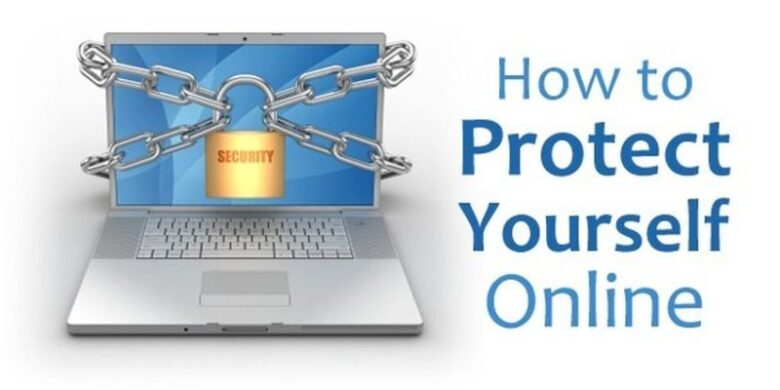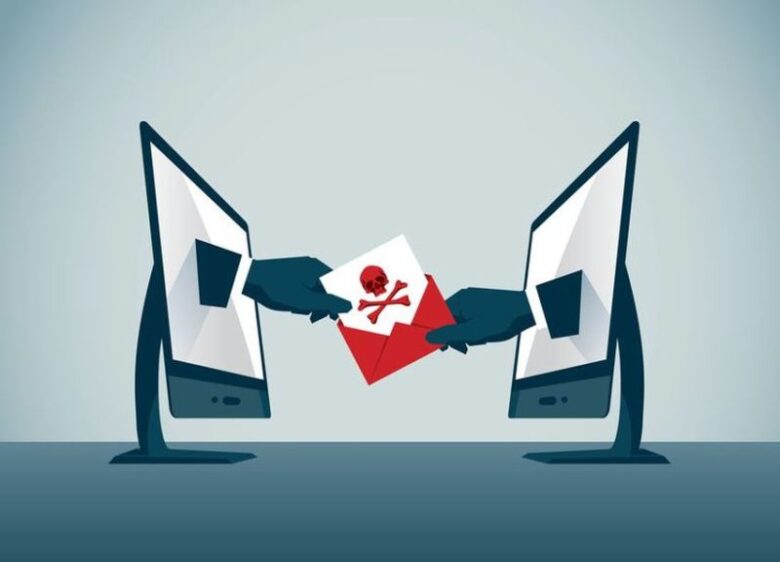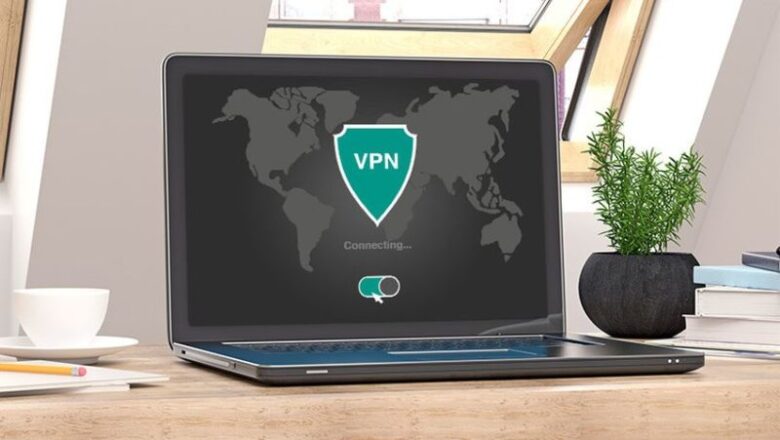We live in an age where everything is connected through the internet, and there is absolutely no denying that it plays a big part in each one of our lives. The internet changed how entire societies work, and it keeps advancing even more as each day goes by. However, all good things come with an eventual negative side as well, so what’s that when we talk about the internet? Well, the negative side is possible security violations.
Today we’re discussing online protection and security, how you can protect yourself on the internet, and what you can do in order to avoid any possible issues. If you are interested in learning more about this, feel free to continue reading until the end.
Protecting yourself Online

Protecting yourself online is important, simply because we tend to store many sensitive things on our computers, which can become a great personal security threat if they fall into the wrong hands. Younger generations already know that things such as hacker attacks and cyber-criminal exist, but some of the older people out there may not be really familiar with this at all. What’s important is to know that there is a possibility to get your personal information stolen while surfing the internet, so we’re going to give you many tips on how to prevent this from happening. Here’s what you need to know.
Avoiding Sketchy Websites

All of the official and popular websites such as Facebook, Instagram and YouTube, have a security certificate which you can see in the URL bar of your web browser. Other less-known websites that don’t have this certificate might be potentially malicious to your privacy, so you should try to avoid them as much as possible. However, it is also important to know that even on Facebook or Instagram, you can get tricked into opening a link that redirects you to a certain website that’s harmful or contains a virus, so you should be careful at all times not to click on things that look suspicious, or links that you have no idea where they lead.
Use a VPN

A VPN stands for “Virtual Private Network”, and it is something that greatly enhances your security by hiding your IP address and makes you completely anonymous while browsing the internet. VPN’s are meant for a little bit more advanced users, but even if you’re not really computer-savvy, you will be able to understand how they work and why you should be using them. Feel free to learn more here.
Avoid Downloading Unknown Content

One of the most popular ways of getting your computer infected with a virus is by downloading something that’s somewhat sketchy and from an unknown provider, creator, and uploader. Downloading Torrents or anything like that is illegal in most countries, and even in countries where it’s not forbidden, you should still avoid doing it if you don’t know what’s included in the files. Getting your computer infected with a virus is something that can really cause a lot of damage, especially if you have many personal files and other sensitive information stored on your device.


